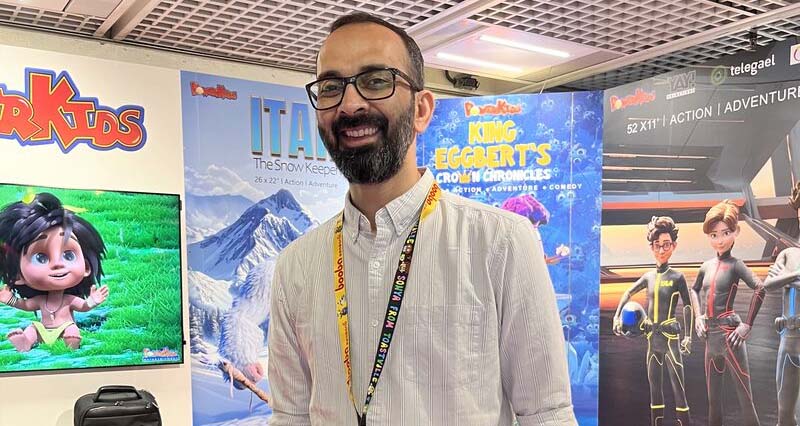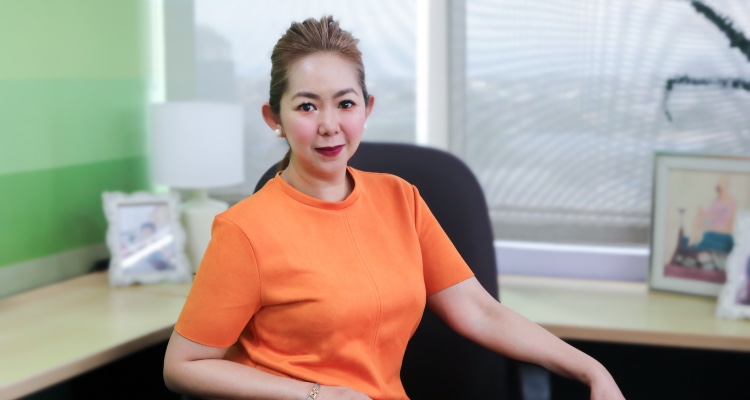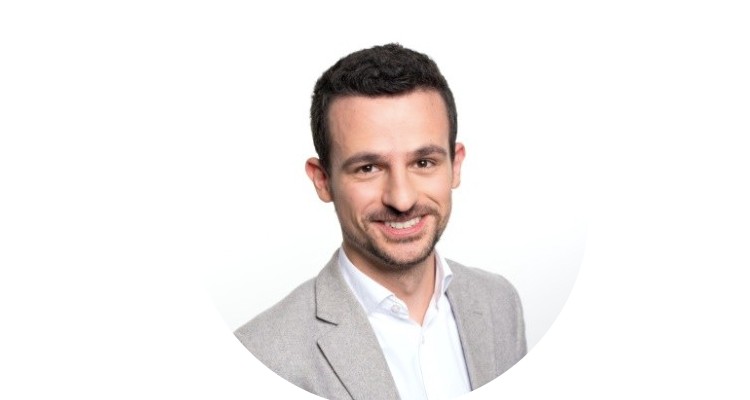
BuendiaEstudios, SIC, ZDF, Fabula and Star Media talked about the co-production models that have emerged in one of the most active drama regions in the audiovisual industry during the last years.
Hosted by Geraldine Gonard, founder and director of Conecta FICTION, LA Virtual Screenings offered a panel where they brought together the main speakers of these key European companies, who described the vision and the moment that this powerful market is living.
Nicola de Angelis, head of development and international co-production at Fabula Pictures/Federation Entertainment (Italy), enumerated the company’s challenges: first, resuming production in Italywith new TV and platforms series andsecond, exploring the development of cinema: ‘Among our recent works is Zero for Netflix, whose S1 is already available while we work on S2.We have several news projects in different stages, as Italy has been of the first countries that has reincorporated into the production. Another key challenge is being relevant in the market’.
Nadia Rekhter, development producer and head of international department at Star Media (Russia), said the company has been creating content for TV, cinema, and OTT for 15 years.‘Today we prioritize the alliances in the production business. For us, it is essential to find the right partner, and that is not a result that we are going to obtain in a short time, so we are working on creating content with the best filmmakers in the country, and covering other topics that were not previously known. In Russiathere are seven active OTTs, so the demand for content is currently high’.
Cristina Vaz Tome, member of the executive committee, CRO, Grupo Impresa/SIC (Portugal) highlighted the group’s recent enter to the world of streaming with OPTO: ‘Last November,we launched the first OTT in our country in Portuguese language and with local and regional content.Numbers have been incredible: the strategy of entering in this business is to maintain our audience base and, little by little, complement our content and brand offerings’. The executive also pointed out that Grupo Impresa is increasing the investments in original production, and are partnering with new local producers and filmmakers to bring the best Portuguese content to the world.
Robert Franke, VP drama at ZDF Enterprises (Germany), emphasized among his current challenges the integration of all the channels and divisions that coexist within the German public group: ‘In our role as a public channel, the alliances goes beyond developing content. We are creating partnerships to make content, to supply new markets for these, and also to fight piracy in one way or another. This can only be achieved by making content available in the countries that have the greatest demand for it’.
Maria Valenzuela, SVP international strategy and business development at BuendíaEstudios (Spain), explained that ‘this is one of the best times’ for contentbecause the audience is more open to experimenting with new themes and narratives: ‘ Buendia has gone over very good years, however, the only challenge continues to be the large volume of titles on the market, so we always ask ourselves, how can we be relevant in the market? Not only to linear displays, but to digital ones’.
She citedthe new series Cocinera de Castamar, which was launched on ATRESPlayerPremium last February 21, and then it was premiered on Antena 3 (free-to-air) and then Netflix: ‘The series received good levels of audience: in two months it was broadcast in three different screens. I think that a quality product can coexist in different platforms’.
The full panel can be seen here: https://virtualscreenings.com/VS-LA/vs-next/panel-6/






